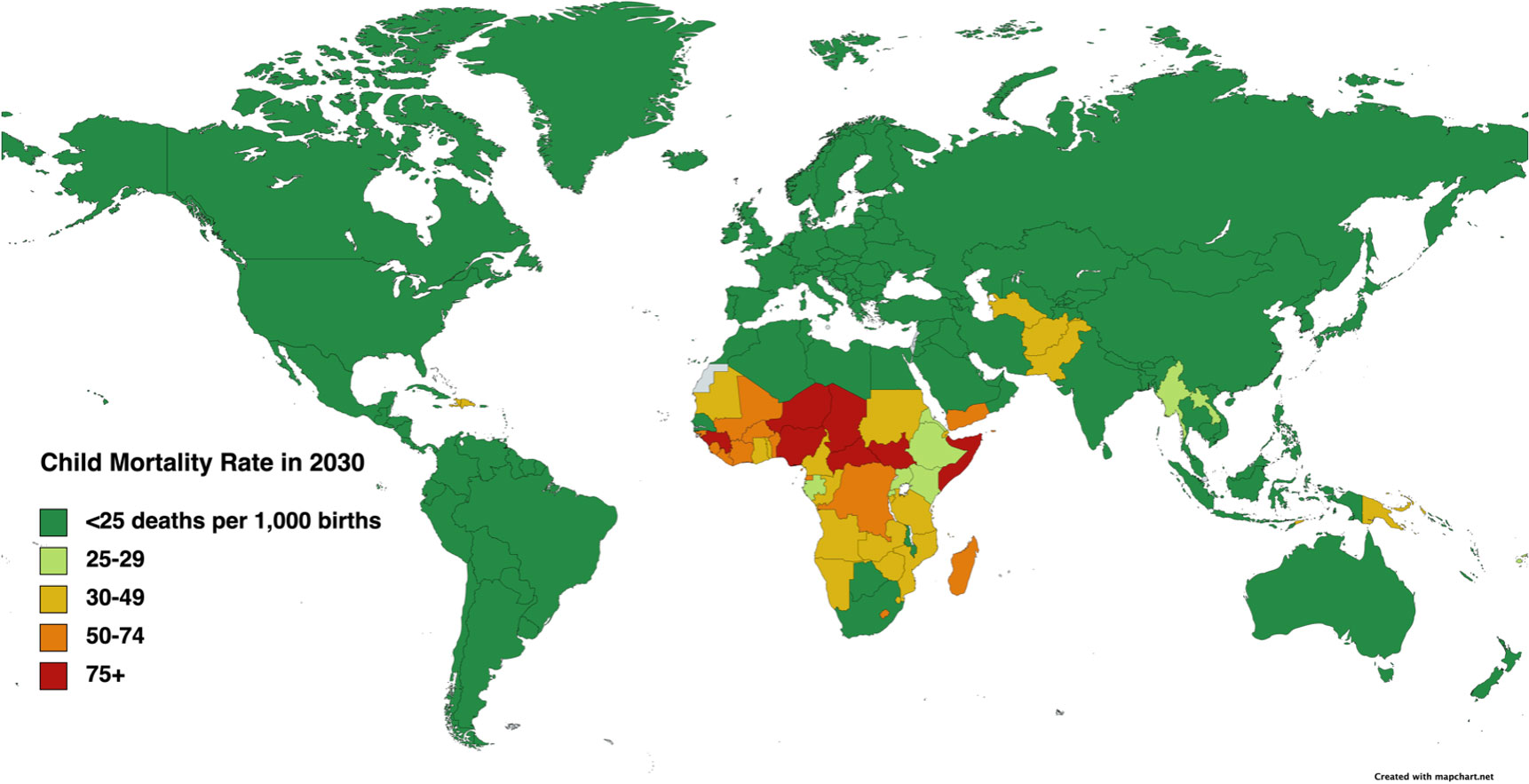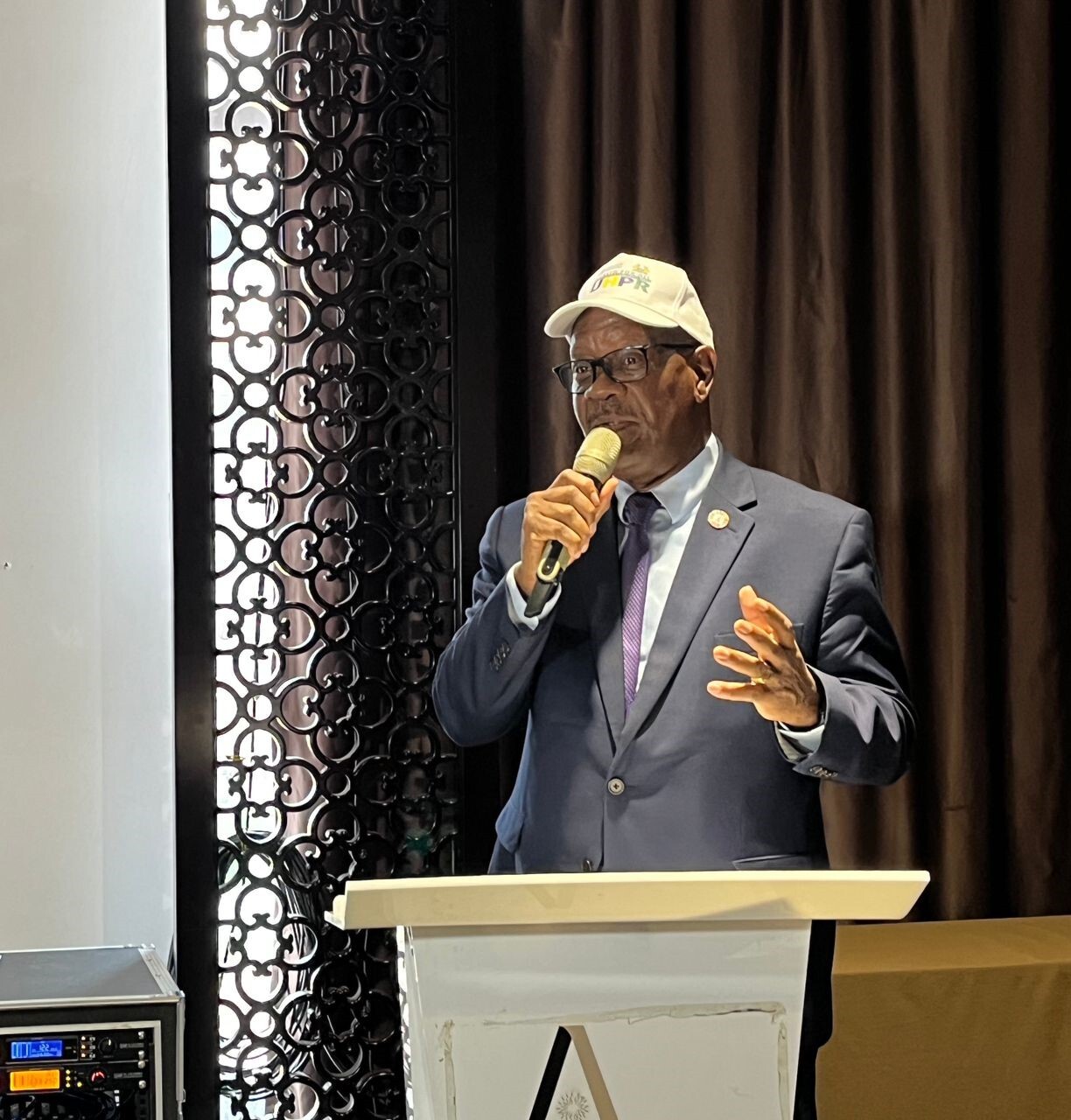Dr. Austin Demby
54 countries need accelerated action to meet the child survival SDG by 2030; almost 80% are in Africa

Sierra Leone is moving fast on a major health concern, one that could have grave implications for the future of the country.
While this emergency may never receive the kind of global attention that COVID-19 inspired in 2020 when it was declared a public health emergency of international concern, it is no less a threat to humanity, and to the future of our African children.
Across our continent of Africa, each year 2.6 million children die before they turn five. The deaths of these children are especially tragic and senseless because they are preventable and treatable. The evidence is clear. Too many African children are dying from common childhood illnesses – especially newborn disorders, pneumonia, diarrhea, and malaria. These deaths are preventable and treatable with access to improved primary healthcare services.
This led me, earlier this year, to declare maternal and child survival a matter of great concern and a public health priority in Sierra Leone, requiring commitment and action that is on par with that which the international community mounted in the wake of COVID-19 or Ebola. In these emergencies, we saw accountability being elevated to the highest levels of national leadership and policy, and I am calling upon my fellow Ministers of Health to join me in recognizing this generation-defining challenge. These children die before they have any real chance at life; robbed of the opportunity to explore and fulfil their potentials. We are all robbed because without these children, we cannot realize our collective vision a more prosperous, peaceful, and productive Africa.
Most deaths among children across Africa occur after the first month – known as the post neonatal period. We are making good progress in improving outcomes for newborns, only to lose those same children during the period between the 1st month and 5-year milestones. This week, the Ministers of Health from the 47 Member States that make up the World Health Organization AFRO region are convening in the city of Gaborone in Botswana for the annual meeting of the WHO AFRO Regional Committee. During this event, I requested fellow ministers to rally around the issue of the survival of the African child, as country leadership is imperative.
Our leadership is critical for defining and directing the way in which programs and resources are allocated to ensure an evidence-based, systems-driven approach to improving child survival. Our governments will need to pool and align domestic and external support, strategically directing guided by local data and evidence and avoiding the fragmentation caused by vertical programs that address only one disease threat, or one element of the health system at the expense of building systemic solutions.
It is time for a bold new continental movement that redefines the way in which we approach child survival in Africa, heightening the level of urgency and seeing governments take back the child survival agenda and making it their own. As part of this agenda, we will invite our technical and development partners to lend their support towards the development and implementation of national plans that reflect country evidence and priorities for accelerating child survival.
This is what this movement will need:
- Robust coordination of government-led platforms for partner and resource coordination, alignment, and accountability.
- Increased investment in primary health care services, including health workers and community health workers.
- Establishment of accountability mechanisms that routinely track and analyse progress using country data systems, including disaggregation of data to identify and address differences in results sub-nationally.
- Implementation of multisectoral responses that unite WASH, nutrition, child protection and health, and climate.
- Involvement of communities in the design and implementation of responses to child health and survival.
Globally, 54 countries are at risk of breaking the promise to children that they made through SDG 3.2. This was a promise to reduce child deaths to less than 25 deaths per 1,000 by 2030. Of those 54 countries not on track, 41 are in Africa.
This is our problem, and no one is coming to save our children. For as long as we cannot guarantee better health outcomes for our African children, we have a public health challenge “of great regional concern.”

Dr. Austin Demby is the Sierra Leone Minister of Health, and Vice-Chairman of the World Health Organization (WHO) Regional Committee for Africa
